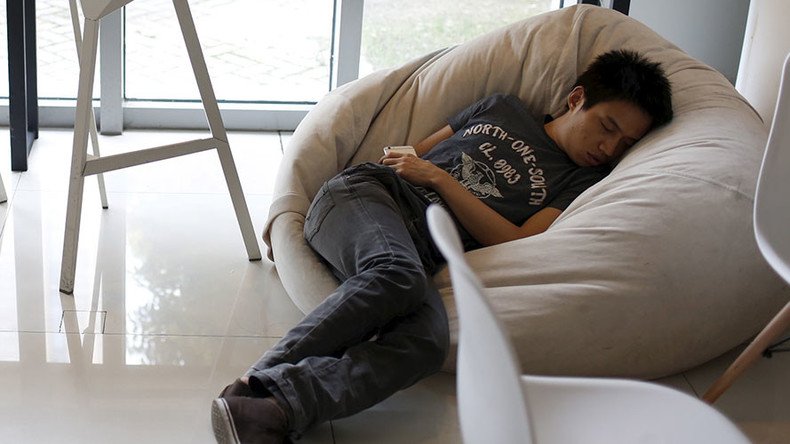Rest up: College students getting more sleep than ever

Toga frat parties and prankster hijinks are college life clichés so prevalent that they’re just accepted. However, a new study shows that the “all-nighter” could be one that is fading away, as college students are sleeping more than ever.
Sleep is one of the simplest pleasures, yet for some it can be hard to attain. Throw in a heavy course load and living away from home for the first time in less-than-private conditions, and it becomes easy to see why college students are known for their struggles with sleep.
However, data from Jawbone – a maker of fitness and sleep trackers in competition with Fitbit and others – found that the average college student gets 7.03 hours of sleep during the week and 7.38 on the weekends, with female students sleeping more than their male counterparts by 23 minutes per weeknight and 17 more minutes per weekend night.
8-hour sleep myth debunked? New study shows hunter-gatherer tribes get less shut-eye http://t.co/SMgKOkMbEmpic.twitter.com/YGeFD08sP4
— RT America (@RT_America) October 16, 2015
According to the Sleep Foundation, young adults between the ages of 18 and 25 years old are recommended to sleep seven to nine hours per night. Therefore, if the data from Jawbone is to be trusted, college students may currently be sleeping better than ever before.
A 2014 study from the Department of Neurology at the University of Michigan Ann Arbor found that 70 percent of all student students do not get sufficient sleep. The study cited a report from an architecture school in the Midwest that found only 4 percent of students slept for at least seven hours per night, with the average duration being 5.7 hours.
The study from Jawbone does not cite the number of students involved in its study, but it is worth noting that only owners of their product, which retails from $99 to $199, could participate. Therefore, the study may only reflect the sleeping habits of students who are health conscious enough and have enough cash to buy the device.












